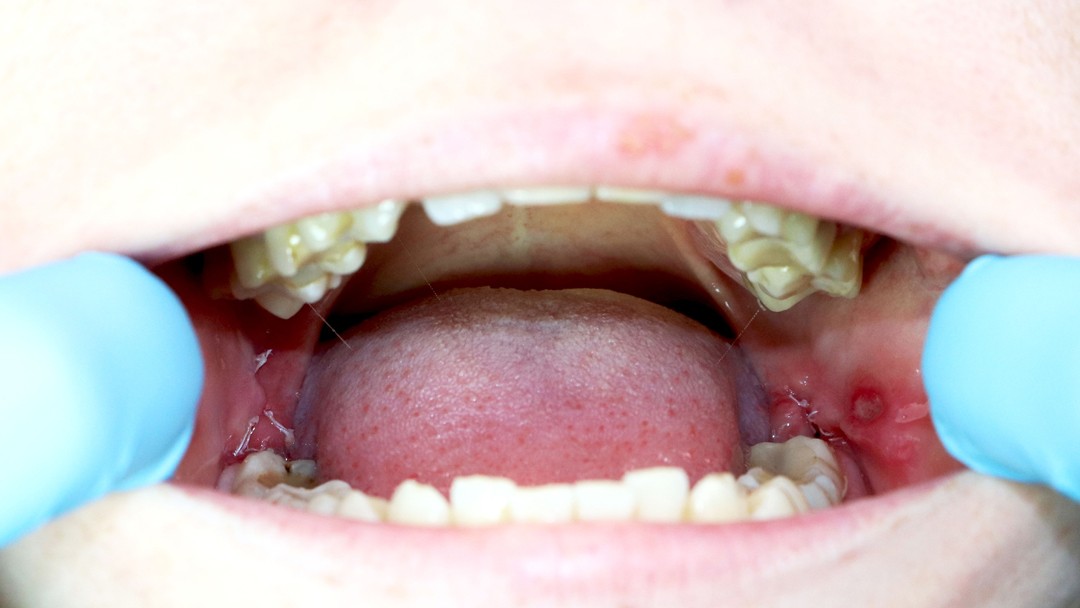Exploring Various Sedation Options for a Comfy Knowledge Teeth Removal Experience
The use of sedation during such procedures has become increasingly common to reduce anxiety and discomfort. With a variety of sedation options readily available, from local anesthesia to basic anesthetic, each technique supplies differing degrees of relaxation and discomfort control.
Regional Anesthetic
Local anesthesia is a frequently used technique for numbing specific locations of the mouth throughout wisdom teeth extraction procedures. By providing an anesthetic, such as lidocaine, a dental professional can make sure that the patient continues to be pain-free and comfortable throughout the extraction procedure. Local anesthesia jobs by temporarily blocking the nerves in the mouth, preventing them from sending out discomfort signals to the mind. This enables the dental practitioner to do the removal without creating any type of pain to the person.
Among the main benefits of local anesthesia is its targeted numbing impact, which means that only the particular area being treated is impacted. This localized approach decreases the risk of systemic side effects and permits for a quicker healing post-procedure. In addition, local anesthesia is taken into consideration to be a regular and risk-free practice in dental care, with marginal risks involved when provided by a skilled specialist.
Nitrous Oxide
Nitrous oxide, generally recognized as chuckling gas, is a type of sedation usually used in dental care to aid people relax throughout dental treatments. This sedation option allows the individual to continue to be mindful and receptive throughout the procedure while feeling at ease and comfy.
Additionally, nitrous oxide is understood for its rapid healing time. When the mask is gotten rid of, the impacts of the gas subside promptly, allowing individuals to resume their typical tasks without lingering sedative impacts. This makes laughing gas a hassle-free selection for those who require to drive themselves home after the oral visit. Additionally, laughing gas is suitable for individuals of every ages, making it a versatile sedation option for wisdom teeth extractions and other oral treatments.
Dental Sedation
Oral sedation, a medicinal method employed in dental care, entails the management of sedative drugs by mouth to generate a relaxed state during oral treatments. This kind of sedation is generally made use of for people undergoing knowledge teeth removal to alleviate anxiety and discomfort. The drugs suggested for dental sedation come from a class of medications called benzodiazepines, which have sedative, anxiolytic, and amnesic residential or commercial properties. Normally, the individual takes the recommended medication before the procedure, enabling sufficient time for the sedative effects to take hold.
Unlike intravenous sedation, oral sedation does not need injections or needles, making it a much more comfy alternative for people with a fear of needles. Furthermore, oral sedation is taken into consideration efficient and secure when carried out by qualified dental experts.
IV Sedation
Carried out intravenously by qualified medical experts, IV sedation is an effective find out here now method used to cause a controlled state of deep relaxation and unfamiliarity throughout oral treatments. Unlike dental sedation, which can be uncertain in its results, IV sedation enables exact control over the degree of sedation, making it a suitable option for intricate treatments like wisdom teeth removals.
During IV sedation, a sedative medication is provided straight into the bloodstream with a capillary, enabling it to work rapidly and effectively. This technique makes sure that the individual stays comfy and uninformed of the treatment while still keeping essential features such as breathing and heart rate.
One of the key advantages of IV sedation is its capability to offer a deeper degree of sedation contrasted to other methods, making it particularly ideal for individuals with high degrees of stress and anxiety or those undertaking considerable oral work (wisdom teeth removal aspendale). Additionally, the results of IV sedation commonly disappear gradually after the treatment, minimizing the possibility of grogginess or lingering negative effects. On the whole, IV sedation uses a efficient and safe alternative for guaranteeing a comfy and trouble-free experience during knowledge teeth extraction

General Anesthetic
Having talked about the advantages of IV sedation for knowledge teeth removal, the utilization of general anesthetic supplies an alternative choice view website for patients calling for a deeper level of unfamiliarity during oral procedures. General anesthesia generates a controlled state of unfamiliarity, ensuring the individual really feels no pain or pain throughout the extraction procedure. This method is specifically useful for people with severe dental anxiousness, complicated medical needs, or those undertaking multiple extractions at the same time.
General anesthetic is carried out by a skilled anesthesiologist who closely keeps track of the individual's essential signs throughout the procedure. It includes the usage of intravenous medicines or inhaled gases to cause a state of unfamiliarity. While under basic anesthetic, the person will not understand the surgical procedure, experience any discomfort, or have any recollection of the procedure afterward.
Although general anesthesia is risk-free when carried out by certified specialists, it lugs a slightly greater threat compared to other sedation alternatives - wisdom teeth removal aspendale. People thinking about general anesthetic for wisdom teeth extraction ought to go over the prospective dangers and benefits with their dental practitioner or dental surgeon to make an informed choice based upon their specific demands and case history

Verdict
Finally, numerous sedation alternatives are offered to guarantee a comfortable wisdom teeth removal experience. Regional anesthesia is typically used for numbing the details location, while nitrous oxide offers relaxation and discomfort relief. Oral sedation and IV sedation deal deeper levels of leisure, relying on the person's demands. General anesthesia can be utilized for extra complicated cases. It is necessary to seek advice from your dental practitioner or oral cosmetic surgeon to determine one of the most suitable sedation alternative for your treatment.
Nitrous oxide is suitable for people of all ages, making it a functional sedation option for content knowledge teeth removals and other dental treatments.
